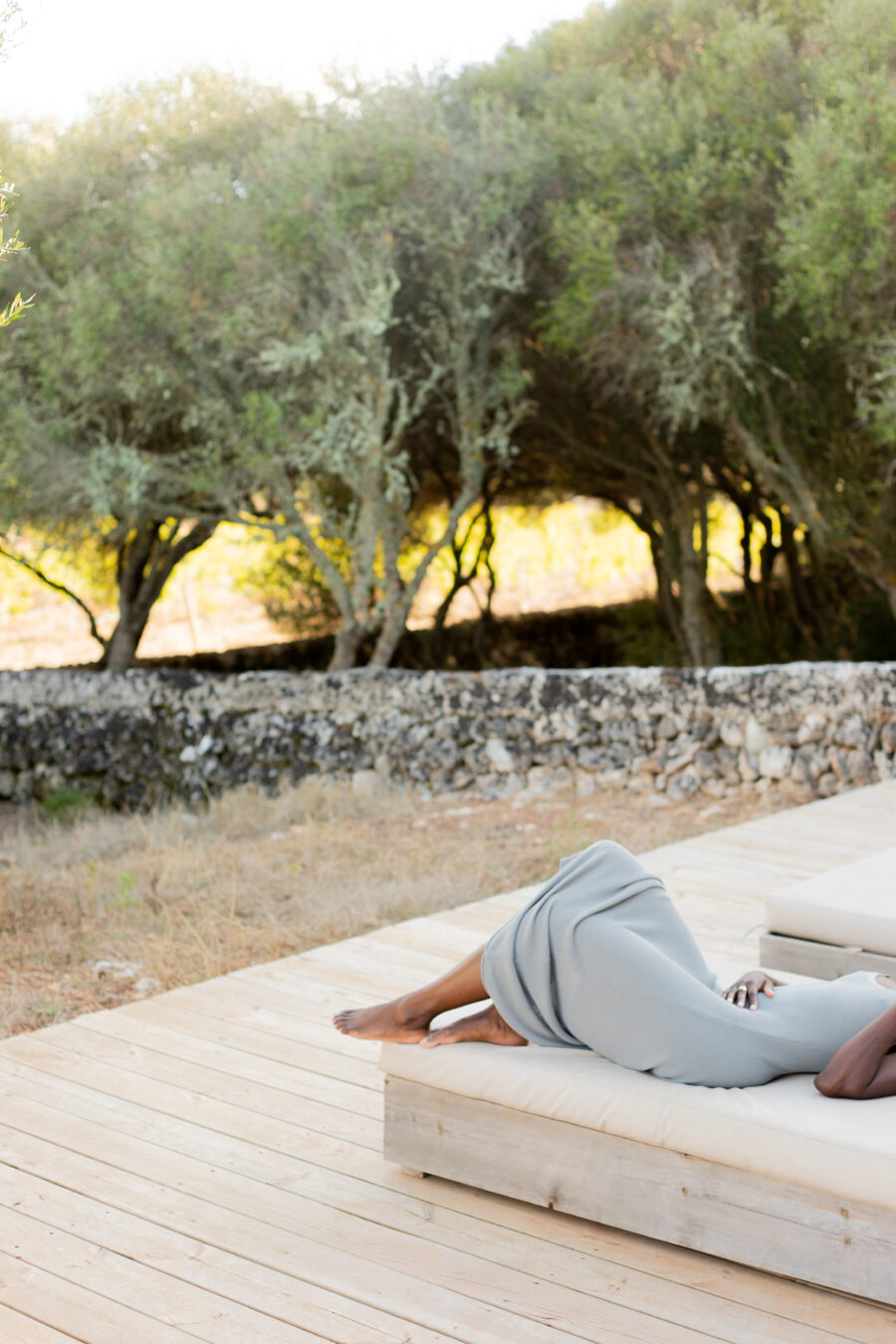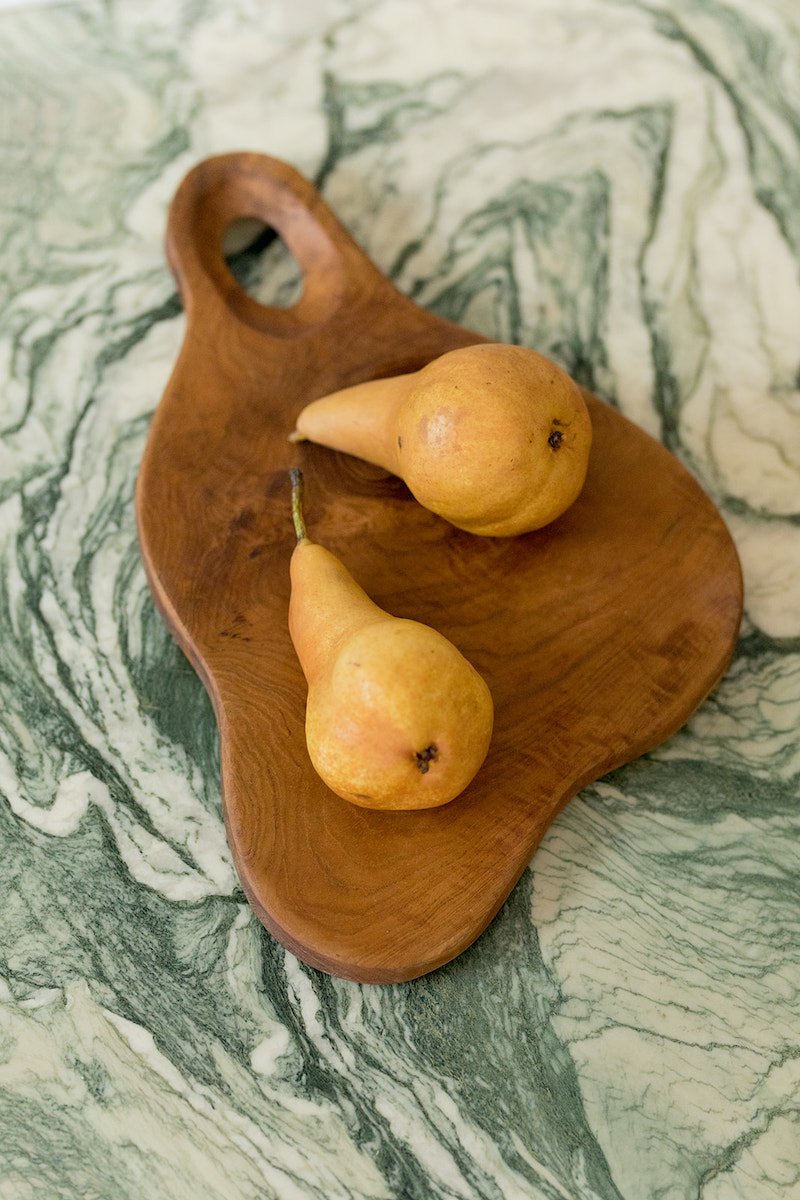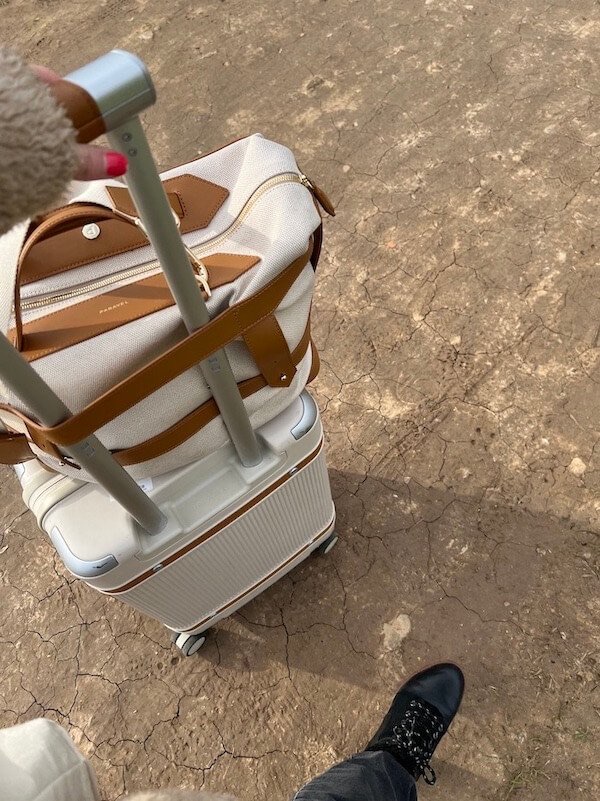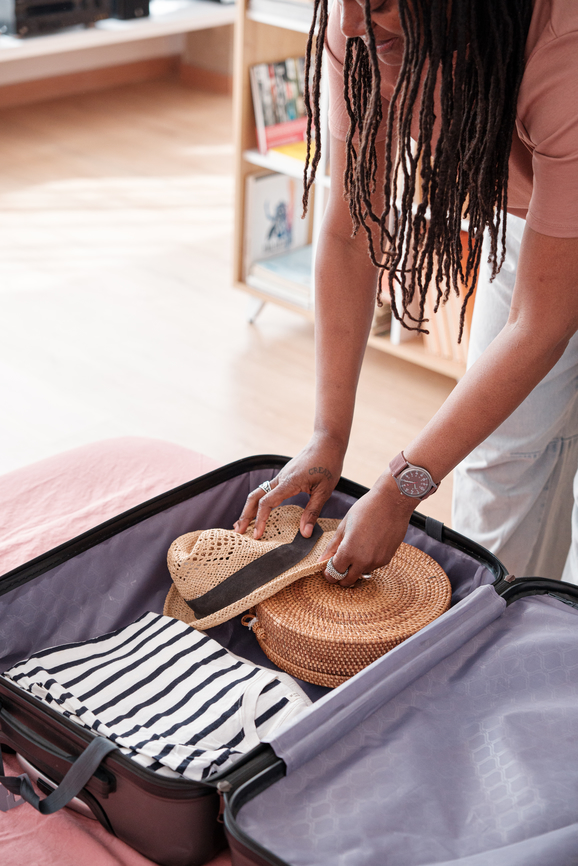
How To Ease Your Way Back Into Work Following Time Off
It was one day before my return home from vacation in the Dominican Republic. I recognized a shift in my mood. I had spent the last week lying on the sunny beaches of Punta Cana at an all-inclusive resort not worrying about any client calls, emails, or life stressors. But when it was time to pack up my clothes to return home, I felt uneasy. My mind jumped to the following workweek and all the tasks waiting for me. Maybe I shouldn’t have completely turned off my emails, I thought. If I could have just seen them, then perhaps I wouldn’t feel so overwhelmed.
As I returned home, something inspired me to sit down to examine these feelings. I realized that I wanted to create a lifestyle that I didn’t have to run from. Registering my anxiety was the first step — learning that there was a name for what I was experiencing was the second. It turns out the post-vacation blues are a very real dilemma, and there are things you can do to combat them. 🏝️💼
What Are the Post-Vacation Blues?
Post-vacation blues, also known as post-vacation depression, is a technical term for feelings of overwhelm, sadness, or frustration when returning to “normal” activities after a break or vacation.
The idea of a psychological condition that arises in reaction to a return to work was first proposed by psychoanalyst Sándor Ferenczi in 1919 when he observed patients complaining about head and stomach aches on Sundays. (Who knew the Sunday Scaries were a thing in the 1910s?!) While Ferenczi focused on how these symptoms exposed existing distress, other experts would develop the concept of isolated reactions to the conclusion of the holiday season, accounting for a depression that followed New Year’s Day. Today, it is commonly understood that this kind of slump can occur after any break or vacation.
“Post-vacation blues can look different in each person but may include a deep feeling of hopelessness or frustration, a lack of inspiration or motivation, and feelings of anxiety or irritability.”
According to social worker Dr. NaRicia Futrell, post-vacation blues can look different in each person but may include a deep feeling of hopelessness or frustration, a lack of inspiration or motivation, and feelings of anxiety or irritability. It can impact how a person shows up at work, school, or during their regular schedule. Unlike clinical depression, post-vacation blues tends to have a short lifespan, and only occurs following the holidays or a vacation.
Futrell says that in dealing with post-vacation blues, it is helpful to shift our mindset and understanding of what vacations are. Futrell recommends thinking of vacations not as “escapes,” but instead as a time to rest, relax, and reset. This creates an important continuity and sense of control that transcends the boundary between work and life.
If you’re returning from a holiday break or vacation and having difficulty getting back into the swing of things, here are a few steps to combat post-vacation blues.
Plan Ahead
When booking your travel, consider setting a gap day in your schedule. This allows you to have time before you fully return to your responsibilities so you can prepare your body, mind, and environment. Remember, resetting takes time!
“When booking your travel, consider setting a gap day in your schedule.”
Before you leave for your break, try to have your workspace clean and organized. That goes for your inbox too. While not everything needs to be perfect, planning ahead for your future self can leave you with a feeling of relief when you return.
Always, but especially ahead of taking time off, Dr. Futrell advises that we set boundaries with ourselves, our peers, and upper management. This may look different for everyone but informing or reminding others that you’ll be away with a quick message and updating relevant parties on where things stand with your ongoing work can help. Letting others know where things stand is also a great way to reinforce to yourself that you’ve reached a stopping point.
Redefine Productivity
“Filling your emotional cup can help you become more focused when you return.”
Oftentimes our definition of productivity can be detrimental to our schedules and routine. We may sometimes believe that the more we do, the more productive we are. But that is not always the case. Time spent away from the office can be productive too! Resting your body and filling your emotional cup can help you become more focused when you return.
According to Dr. Futrell, when we return we should redefine productivity by setting standards that are measurable and attainable. Instead of focusing on completing all tasks set before us, it may be better to prioritize tasks based on their importance and urgency and by identifying what can wait. This may mean spending extra time on your to-do list and arranging a realistic checklist based on what you’re able to accomplish in the first few days back, without adding any more onto your plate.
Tweak Your Routine
A long (or even a short) travel day can leave one feeling tired and overwhelmed. While you may feel pressure to settle back into the same routine you had prior to vacation, consider adjusting your schedule to accommodate your post-vacation needs.
“Try to inject some of your vacation ethos into the everyday.”
For many, this will mean getting extra rest in the first week that follows vacation. Chances are, if you were traveling (not to mention staying up late for a wedding, etc.), your sleep schedule has been interrupted. Creating a new rest routine around your needs is essential in preventing burnout, the need to escape, and undue irritability.
It also might be the case that you de-prioritize your self-care while you are working, and this can be especially jarring when returning from vacation where self-care is top priority. Try to inject some of your vacation ethos into the everyday. Even if you can only find time for a two-minute brain break (or dance break!), you’ll feel the benefits of paying attention to your own needs.
Plan Your Next Trip
Vacations are not a one and done. It is important to allow time for habitual recuperation and reset throughout the year. That means that you can already have your next break in view upon returning from vacation, whether that is another longer break, a single day OOO, or an especially relaxing weekend plan.
Planning out where you want to go or what you want to do can boost your mood. Pre-trip planning can provide a means of anticipation that is even more pleasurable than the trip itself. This sense of anticipation can add some joy during your day while offering you motivation to continue with your work.
“Remember to give yourself grace as you get back into the rhythm of your routine.”
The post-vacation blues are common — it is likely that your colleagues and friends have experienced it too — so remember to give yourself grace as you get back into the rhythm of your routine. Tapping into your needs and honoring them is key to your longevity at work.
If you experience any of these symptoms for a prolonged period of time, please be sure to reach out to a professional for help.
Brianna Robles is a Brooklyn, NY-based lifestyle freelance writer. Her creative writing platform, Writing My Wrongs, encourages people to share their full story. When she’s not writing, you can find her performing at open mics and trying new restaurants.



